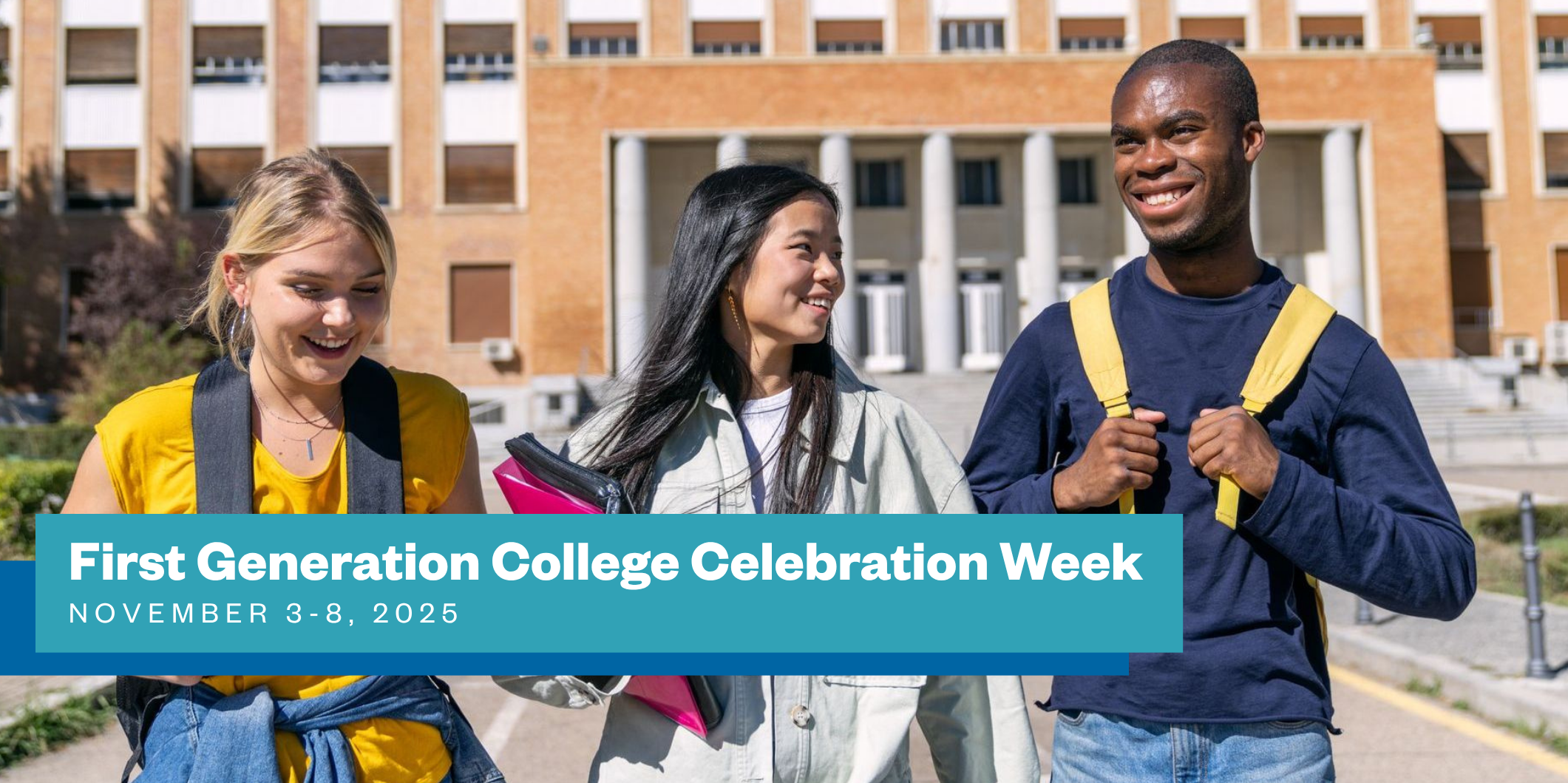One of the most significant challenges in higher education is the large number of students who start college but never finish. And studies show that first-generation college students are even more likely to stop out of college than students generally. What motivates first-generation students to stop out before completing a credential? And who do these students turn to for support when they decide to stop out? These were the central questions addressed in a recent study whose findings will appear in a forthcoming CCRC brief. The study was part of a larger three-year project exploring the support networks of first-time-in-college first-generation students at four public Hispanic Serving Institutions in California. Our research team surveyed first-generation students at these colleges, and we interviewed 10 students who reported having left college during the fall 2022 term. We wanted to learn more about why they left college and what might be done to help students like them stay enrolled.
The Balancing Act of First-Generation College Students
Students in our study cited familial, financial, and work responsibilities as primary reasons for stopping out. Many had to care for family members, manage debt, or prioritize jobs over coursework. Even those with clear career goals reported feeling overwhelmed by the sheer number of competing demands. As one student said, “I actually did figure out what career path I want to take, but I don’t have the time to necessarily commit to which career I want to do because, I mean, at the same time, I still have bills I have to pay, so I have to work.”
A lack of connection with the college or classroom also made a difference. Some students found it difficult to adapt to an online learning environment, and, without the appropriate academic supports, chose to stop out. Other students were unsure of their academic or career direction, which also contributed to their decision to stop out. Some felt like they were wasting their time—a feeling that was exacerbated by a lack of connection with college staff and fellow peers.
The Role of Family, Friends, and Community
In addition to learning about the reasons students stopped out, we also wanted to know who they turned to when making their decision, since that may help colleges find ways to reengage students. Many students reported feeling isolated during college, and they did seek support from people in their personal networks, most notably in their families. However, this support was typically sought after they had already made the decision to leave college. The majority of students identified family members, including their spouses, as playing a key role in providing emotional or practical support as they contemplated how to step away from college. As one student explained about her partner: “He understood. He was more supportive than anything…. He was like, ‘Just do what you got to do—just support yourself.’”
Students also relied on friends with similar life experiences. Two interviewees identified friends who they reached out to because of their strong relationships and the confidence they felt that their friends would be supportive and non-judgmental.
Whether students made the decision to stop out on their own or, less commonly, through their informal networks, they rarely sought out college professors or advisors, who could potentially connect them to campus resources or challenge their self-critical beliefs when needed. One student described how he was reluctant to express his concerns to his advisor. He said he felt sheepish about doing so because he had only himself to blame: “I feel like I can’t talk to [my advisor] because they gave me this plan and I’m not sticking to it.”
Enhancing Student Engagement and Retention
Some of the students we interviewed would like to return to college when the timing is right, emphasizing the importance of personal readiness and financial stability. Providing these students with more robust support networks in college would help them persist to become first-generation college graduates. Below are a few recommendations for college practitioners to help more students stay in college and to help those who stop out to return:
- Strengthen efforts to identify students’ goals upon entry. It is essential that students engage in ongoing dialogue with their academic advisors about their career goals and the extent to which their academic programs are supporting those goals. As students’ aspirations and interests may evolve over time, regular check-ins provide critical opportunities to reassess their direction and ensure they remain engaged and supported throughout their academic journey.
- Encourage faculty to advocate for student advising. Faculty frequently represent the most consistent point of contact for students, particularly in online settings, and are therefore well positioned to ensure students have access to support and information. Strategies might include administering brief in-class polls or surveys to ask whether students have met with an advisor, including standardized language in the syllabus about advising resources, and assigning brief reflections that prompt students to consider who they could turn to on campus if they needed support.
- Develop a more nuanced understanding of what it means to “stop out.” The students in our study included both those pursuing a certificate or degree and those who were not. For students not seeking a credential, stopping out felt less consequential and less like a disruption. For credential-seeking students, stepping away from college temporarily can also serve a valuable purpose. A break from college can serve as a meaningful time for reflection, enabling students to return with more direction and motivation. What matters is whether or not stopping out is a conscious, goal-oriented decision, and whether students can return when they are ready.
- Develop a re-engagement initiative to proactively contact students who did not enroll in the following semester. Students who stop out should receive intentional outreach about re-entry programs. For many, leaving college was simply a pause. Consistent and personalized communication can reassure them that someone cares about their success and that support will be there when they are ready to return.
Stay tuned for our upcoming brief on the stop-out experiences of first-generation students. Additional reports from the larger study on the social networks of first-generation college students are also forthcoming.





